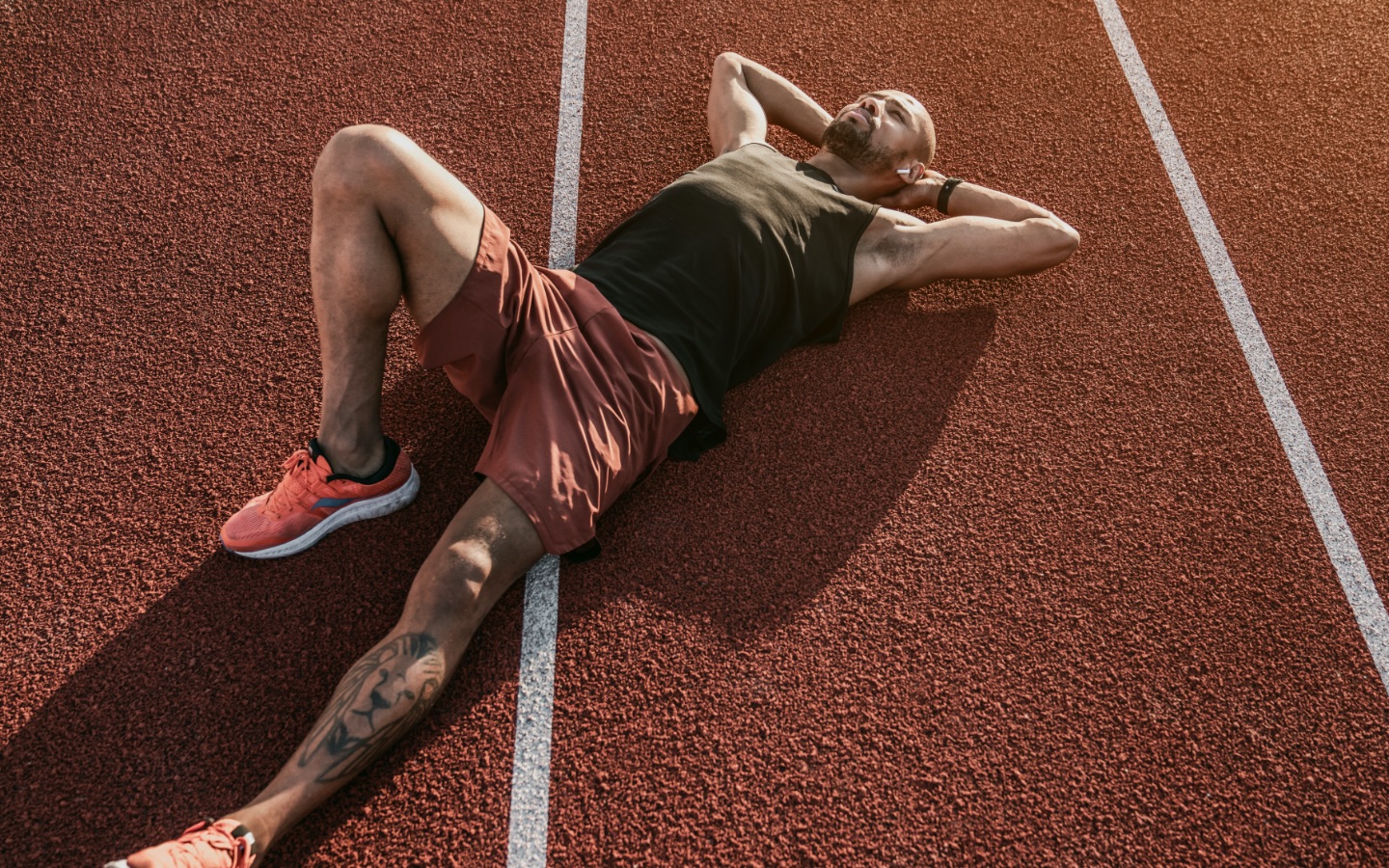Sleep is one of, if not the biggest, contributors to our body's well-being.
Have you ever heard the expression "you can't out-train a bad diet?"
Well, you also can't out-diet bad sleep, meaning no matter how nutritiously you eat, how much you exercise, get your vitamin D and take your supplements, none of that can make up for not getting adequate sleep.
This is the case for everyone but especially for athletes. Athletes spend so much time being active and working their muscles, lungs, and heart that, without sleep, it becomes a constant beat down on their body.
It doesn't take long for this to catch up to them, either. A few days of too much physical activity with not enough sleep will wreak havoc on their body and brain.
Below are just some of the things that are affected by athletes when they don't get enough sleep.
Immune System & Disease
In essence, the immune system is a collection of different cells and organs that protects itself from disease. One of the biggest influences on the immune system is sleep.
So, the less sleep an athlete has, the harder it is for their immune system to function optimally. This is especially harder for athletes because they are not just sitting at a desk all day.
They are generally physically exerting their bodies for hours at a time. With adequate sleep, their bodies are much more equipped to handle this, but without enough sleep and the more they exert their body, the weaker their immune system becomes.
In the short term, this will affect their hormones and the chance of shorter-lived diseases like colds, the flu, bronchitis, etc.
As time goes on, however, lack of sleep leads to much more serious diseases and health complications. High blood pressure, diabetes, heart problems, depression, and obesity are just some of the issues that are very common.
It is also very common that when the immune system is in a weaker state, more injuries can occur.
When this happens, inflammation is higher, and muscles do not recover as quickly, making it even harder to get a healthy, comfortable sleep.
Knowledge of sciatica sleep positions or meditating before bed can help to calm the mind and body down when trying to catch up on any needed sleep.
Brain Function & Focus
The brain needs sleep to focus. When an athlete is deprived of the recommended seven to nine hours of sleep, especially consistently, it becomes harder for them to focus on their sport.
Both practices and games can suffer due to slower reflexes, less strength and agility, less patience with themselves and teammates, emotional outbursts, difficulty staying present, or inability to handle stress, both physically and mentally.
The brain is an amazing organ and is very adaptable to almost anything, so over time, it is easy to think that feeling this way is normal when, in actuality, it is causing serious damage.
Just like the lack of sleep can cause extremely serious and chronic physical diseases, so can the lack of sleep cause extremely serious mental health issues or exacerbate already existing ones.
Conditions such as depression, anxiety, ADHD, and bipolar disorder can worsen quickly from not enough sleep.
These are almost more concerning, as they are much harder to see with the physical eye but can wreak just as much havoc on their lives.
***
In this day and age, sleep is so often one of the first things to be pushed to the back burner when things get busy.
With everything that athletes have to juggle for life, work, and school, it’s easy for them to not get the adequate amount of sleep they need, but that is when it's more important than ever.











































